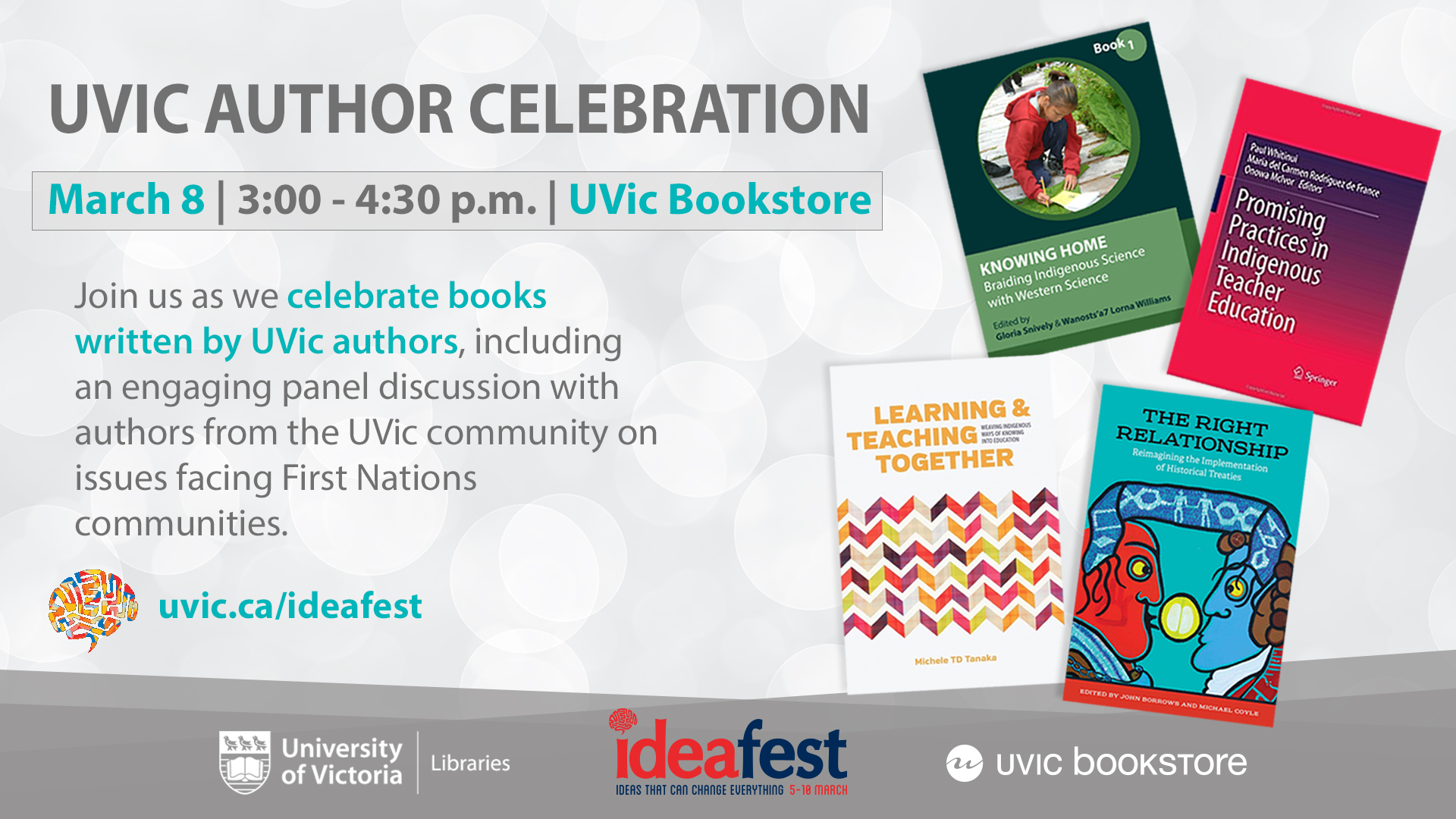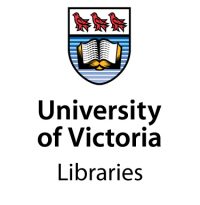by ChristianS | Feb 27, 2022 | Events, Open data
Open Data Day will take place on March 5, 2022. The day is organized annually by the Open Knowledge Foundation to promote Open Data around the world. It was created as an opportunity to emphasize the benefits of Open Data and encourage the adoption of Open Data...
by ylim | Aug 3, 2018 | Events, News, Open access
Last month, Monica Prendergast attended the International Drama in Education Research Institute at the University of Auckland, New Zealand and launched the recently released Web of Performance: An Ensemble Workbook. The curriculum guide in performance studies, edited...

by ylim | Mar 8, 2018 | Events, News
The annual UVic Author Celebration is happening TODAY as part of Ideafest. Join us as we celebrate books written by UVic authors, including an engaging panel discussion on issues facing First Nations communities. When: (Today) March 8, 2018 Where: University Bookstore...
by ylim | May 25, 2017 | Events, News
For those on the mainland, don’t miss your chance to attend a book launch for Will Weigler’s recent release, “The Alchemy of Astonishment,” presented by Simon Fraser University’s Vancity Office of Community Engagement. Details Tuesday,...
by ylim | Apr 25, 2017 | Events, News
Please join us for the launch of Will Weigler’s The Alchemy of Astonishment, published by the University of Victoria! Wednesday, April 26, 2017 7:30 – 9 PM (Doors at 7 PM) First Metropolitan United Church 932 Balmoral Rd. (Quadra St. Entrance) This event is FREE...

